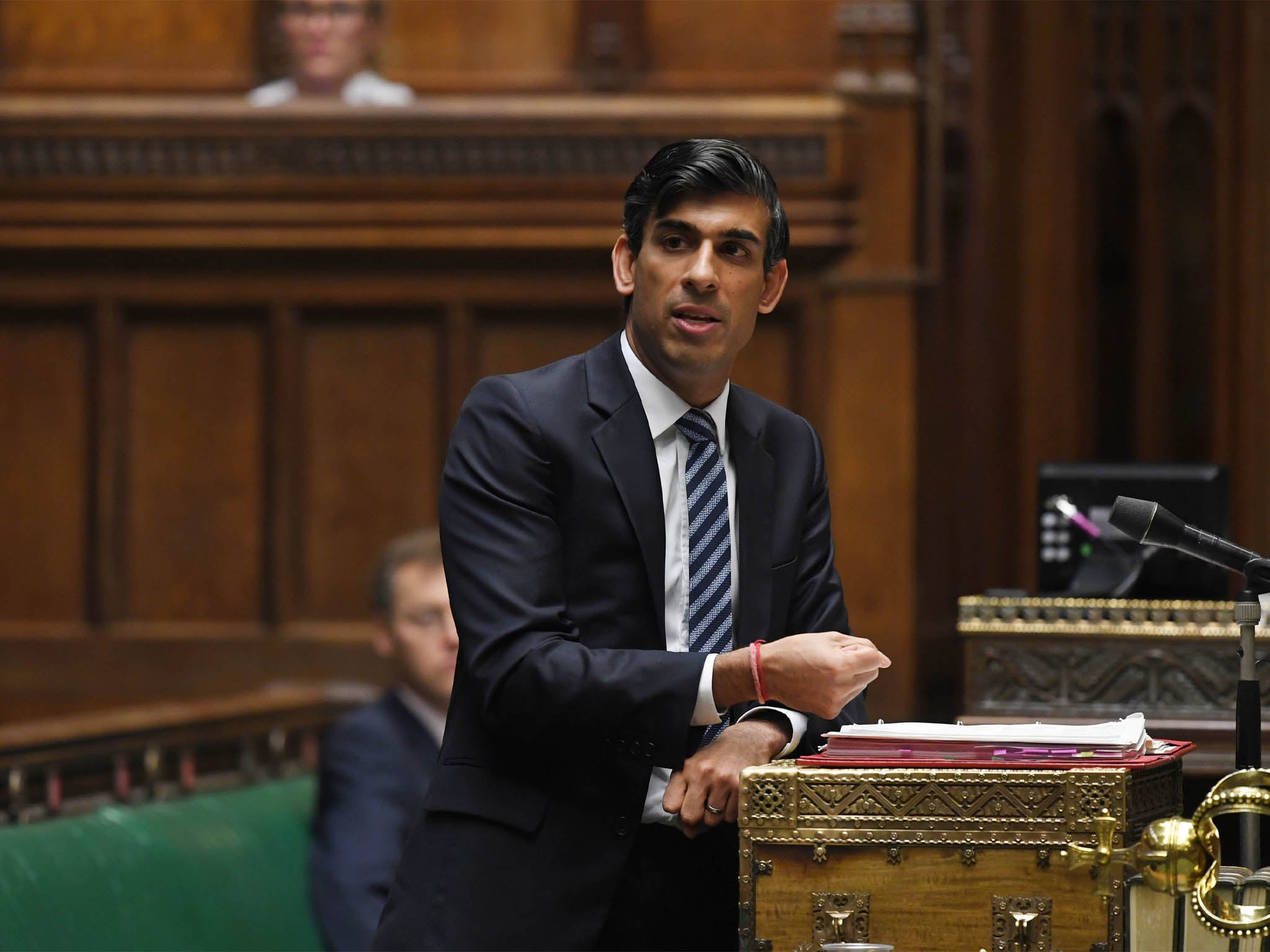Unions and businesses launch campaign to halt planned Universal Credit cut for self-employed
A second national lockdown in England leaves thousands of self-employed workers in the lurch

Your support helps us to tell the story
From reproductive rights to climate change to Big Tech, The Independent is on the ground when the story is developing. Whether it's investigating the financials of Elon Musk's pro-Trump PAC or producing our latest documentary, 'The A Word', which shines a light on the American women fighting for reproductive rights, we know how important it is to parse out the facts from the messaging.
At such a critical moment in US history, we need reporters on the ground. Your donation allows us to keep sending journalists to speak to both sides of the story.
The Independent is trusted by Americans across the entire political spectrum. And unlike many other quality news outlets, we choose not to lock Americans out of our reporting and analysis with paywalls. We believe quality journalism should be available to everyone, paid for by those who can afford it.
Your support makes all the difference.Unions and business leaders have joined forces to urge the government to halt the planned cut in Universal Credit support payments to self-employed workers.
England will enter a second national lockdown from Thursday, leaving thousands of struggling self-employed workers in the lurch, according to the TUC and Federation of Small Businesses (FSB)
From 13 November, the Department for Work and Pensions (DWP) will reinstate the Minimum Income Floor (MIF) – a formula that assumes a level of income when assessing how much Universal Credit an individual will get.
The government suspended the MIF in March so self-employed individuals could receive Universal Credit based on their actual earnings.
It means the DWP will calculate a credit amount based on what an employed person would receive in similar circumstances and on working a full time 35 hour week while on National Minimum Wage.
But the Institute of Fiscal Studies believesas many as 450,000 low-income households have seen their payments cut by an average of £3,200 a year because of the policy.
With the policy due to be reinstated just as England enters a second national lockdown, self-employed people who could earn below the MIF will see their Universal Credit payments cut.
Those affected by its reintroduction have been eligible for aid during the pandemic under the Self-Employed Income Support Scheme (SEISS).
FSB National Chairman Mike Cherry said: “Universal Credit was never designed around the self-employed, who often feel like square pegs forced into round holes.
He added: “Suspending the Minimum Income Floor for COVID has therefore been both welcome and crucial. As the second wave of this crisis hits, and further decimates income, the removal of the suspension assumes that the self-employed are not affected by restrictions and that their earnings aren’t affected if they need to self-isolate or fall ill."
Meanwhile, the TUC General Secretary Frances O’Grady said: “Self-employed workers have been particularly hard hit by the pandemic. With restrictions stepping up again, it’s a disastrous time to cut this lifeline.”
“It will mean a surge in unemployment and severe damage to sectors like live events and creative industries,” O’Grady added. “The economic damage is bad enough, but it would tragic for Britain’s cultural life too.”
Money saving expert Martin Lewis has also weighed in on the issue, sending an urgent warning to all those claiming Universal Credit ahead of the planned November changes.
Lewis said a “huge sink hole” will open up on the 13 November when the suspension of the MIF is due to end.
Tweeting about the issue, he wrote: "I.e self employed will be assumed to have earnings for Universal Credit calculation even if they don't.”
"I'd suggest self-employed contact their MP asap.”
Stephen Timms, Labour chairman of the Commons welfare committee, has said regarding the reintroduction: “The suspension of the minimum income floor should be extended, as the government said it would be, for the duration of the pandemic.”
Speaking to The Times, he added: “Its re-imposition just when the effects of coronavirus are getting worse will be a heavy blow to many self-employed people, currently struggling to keep their businesses going in extraordinarily tough economic conditions.”
DWP officials have said that not every self-employed claimant will be impacted by the policies reintroduction.
Universal Credit director Neil Couling commented on Twitter that the policy only hits those defined as “gainfully self-employed”, meaning those who have zero earnings are “likely” to be spared.
A government source told The Times there has not yet been a final decision, but ministers expect the policy to be reinstated.






Join our commenting forum
Join thought-provoking conversations, follow other Independent readers and see their replies
Comments